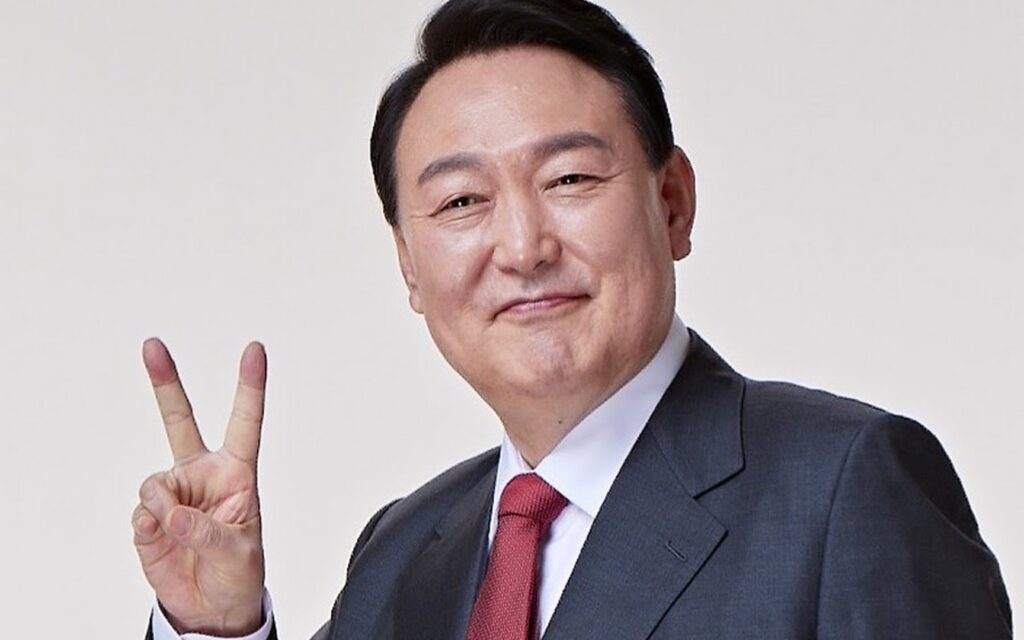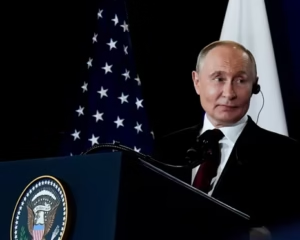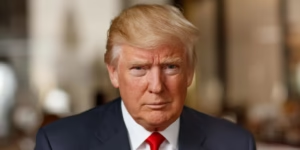South Korea’s Opposition Moves to Impeach President Yoon

South Korea’s opposition lawmakers have formally initiated impeachment proceedings against President Yoon Suk Yeol following his controversial attempt to declare martial law. The dramatic events unfolded on Wednesday after a night of confusion and chaos, in which Yoon unexpectedly imposed martial law, prompting a swift vote by 190 members of parliament to reject the decision, followed by an abrupt reversal just hours later.
The Democratic Party, the largest opposition party in South Korea, introduced the impeachment motion, condemning the president’s actions as an attack on the country’s democracy. The opposition leaders described Yoon’s martial law declaration as “insurrectionary behavior” and argued that it posed a direct threat to the democratic framework of South Korea. Kim Yong-jin, a key member of the Democratic Party’s central committee, emphasized the need to protect the country’s democracy, stating, “We can no longer allow democracy to collapse. The lives and safety of the people must be protected.”
Along with the impeachment motion, the opposition party called for serious criminal charges of “rebellion” to be filed against Yoon. They also named key figures in his administration, including Minister Kim Yong-hyun and Interior Minister Lee Sang-min, who were seen as central to the martial law declaration. The opposition has demanded that both men, along with the president, be held accountable for their roles in the incident.
Despite the opposition’s efforts, the ruling People Power Party, which Yoon is affiliated with, has vowed to resist the impeachment motion. According to Yonhap News Agency, members of the ruling party plan to reject the motion, making it difficult for the opposition to succeed in their bid to remove the president. The opposition will need to secure support from at least eight members of the ruling party, which currently has 108 lawmakers, to pass the motion. However, no members from the ruling party were present when the impeachment motion was introduced at the National Assembly in the early hours of Thursday.
In the immediate aftermath of the martial law declaration, the situation in Seoul seemed to return to normal, with schools, government offices, and banks operating as usual. However, protests continued to escalate throughout the capital. Thousands of demonstrators gathered in the streets, calling for Yoon’s resignation. Some protesters chanted, “Arrest Yoon Suk Yeol,” while others voiced their anger at the president’s actions. The Korean Confederation of Trade Unions, the largest labor group in the country, announced that they would launch an indefinite strike unless Yoon stepped down from office.
In the face of the backlash, South Korea’s Defense Minister Kim Yong-hyun resigned, taking full responsibility for the chaos caused by the martial law declaration. In a public statement, Kim expressed his apologies to the public for the confusion and distress that his actions had caused. Additionally, several senior officials in Yoon’s administration, including Chief of Staff Chung Jin-suk and National Security Adviser Shin Won-sik, also resigned. It remains unclear whether President Yoon will accept these resignations.
The situation escalated when martial law was declared, leading to military intervention and the deployment of hundreds of troops around the National Assembly. Military helicopters were seen circling the area, and opposition lawmakers were seen breaking barricades and scaling fences to gain access to the parliamentary chambers. Woo Won-shik, the Speaker of the National Assembly, described the chaotic events, stating that he rushed to the assembly because he believed the nation’s democracy was at risk and had to be protected.
Eventually, a group of 190 lawmakers managed to break through the police lines and forced their way into the National Assembly to vote down the martial law order. Meanwhile, thousands of protesters gathered outside, and one woman was filmed attempting to seize a soldier’s weapon in protest.
The reversal of Yoon’s martial law order was met with a wave of relief from the demonstrators outside, who cheered the president’s decision to back down. However, the events have raised serious questions about the stability of South Korea’s political system and the president’s leadership. As the opposition continues to press for Yoon’s impeachment, the country faces a period of heightened political tension and uncertainty.
The impeachment motion will be debated and voted on in the coming days, as South Koreans watch closely to see if President Yoon can weather the storm and maintain his grip on power. The outcome of this crisis could have far-reaching implications for South Korea’s democracy and its future political landscape.







